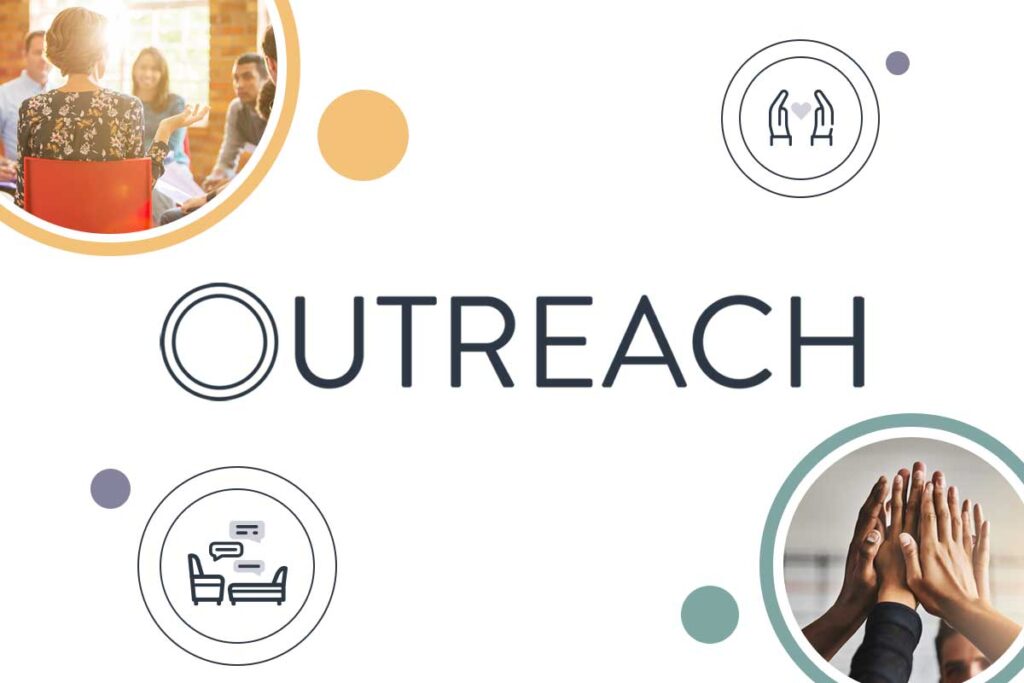Finding out a friend is in recovery from addiction can evoke a range of emotions. It’s normal to feel awkward or uncertain about what the “right” thing to do is. Many people don’t even realize their friend needed treatment for their addiction until they’re in recovery. Just by being available to your friend you’re providing support.
Verbalize your offer of help.
People who are in recovery may feel embarrassed or burdensome by asking for help. Even if you feel as though your friend could come to you with anything, they may not feel comfortable asking for help. Let them know you want to help and suggest a few tangible ways you can do so, such as:
- Meeting for coffee or cooking a meal together.
- Driving them to meetings and appointments.
- Fielding late night calls and text messages.
By offering specific kinds of help, your friend knows they can count on your support.
Check-in and be responsive.
We all have busy lives, and it’s easy to get caught up in our lives and fall out of contact with our friends and family. By making regular checking ins with your friend in recovery, you let them know that you’re thinking about them and you care. It may take a little extra effort, but it’s worth it to provide a source of unwavering support for someone in recovery. Here are some ways to stay present in your friend’s life:
- Set a reminder on your phone to call or text once a day or week.
- Follow them on social media and comment on posts.
- If you can’t respond to a call or text at once, set a reminder on your phone so you don’t forget.
Being supportive doesn’t always have to mean big gestures. Sometimes the most meaningful gesture is just being around and available.
Help them build a support network.
No matter how responsive and present, a single person cannot provide enough support for someone in recovery, nor should one person have the burden of that responsibility. Help your friend to build a strong support network, including:
- New and old friends
- Family
- Therapist
- Support group
Encourage them to use the entire support network, especially if you’re not available to meet or talk.
Support the person, not just the recovery.
When people are active in their addiction, they often lose track of their other passions and interests in life. Your friend may have given up their career, hobbies, and other interests. During the first stages of recovery, it’s easy to focus only on the illness and its consequences. Help remind your friend of the full, rich life they lost track of during their addiction. You can do this by:
- Going to the movies or a favorite band’s show.
- Starting a book group.
- Joining a meetup for a new activity or hobby.
- Working out or playing sports together.
One of the best parts of recovery for many people is returning to hobbies and activities that they gave up for their addiction. Invite your friend to join you in their favorite activities, or share some of your hobbies with them.
If you or a loved one is interested in getting into recovery across the mid-Atlantic, get in touch with Outreach Recovery, Philadelphia.
Outreach Recovery in Philadelphia, PA, offers a range of services for people to overcome addiction and establish a sound foundation for a successful recovery. Our federally licensed Suboxone doctors can prescribe various medications to help patients face and move beyond opioid addiction.
It can take years for a person’s brain to recover from opioid use, and we don’t approach any patient’s recovery as a quick fix or a cure-all. Instead, we offer support and medication to begin a successful recovery. Find out more in our frequently asked questions or contact the area manager to discuss your treatment options today.

